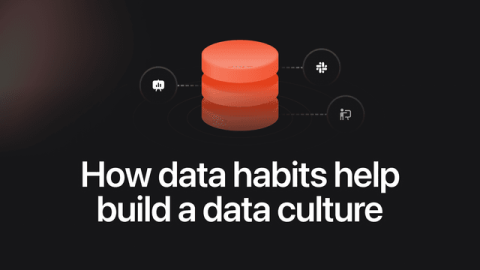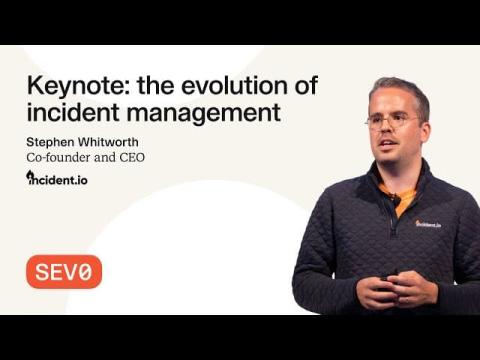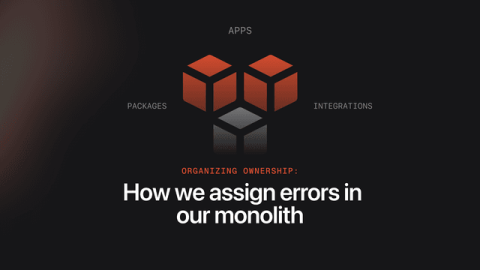Overhauling PagerDuty's data model: a better way to route alerts
Since its launch in 2009, PagerDuty has been the go-to tool for organizations looking for a reliable paging and on-call management system. It’s been the operational backbone for anyone running an ‘always-on’ service, and it’s done the job well. Ask anyone about the product, and you’re all-but-guaranteed to hear the phrase “it’s incredibly reliable.” I agree. But reliability isn’t everything.











